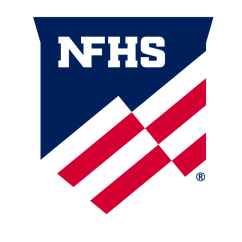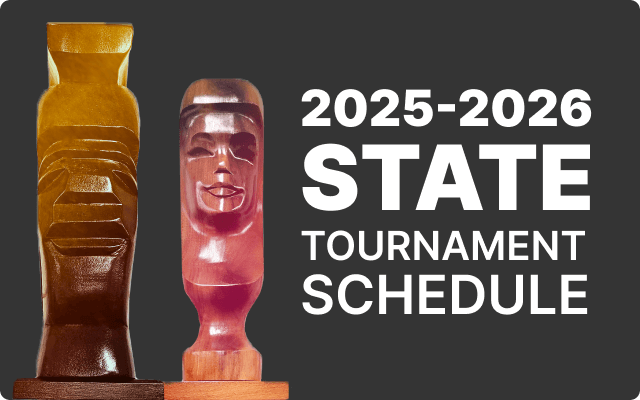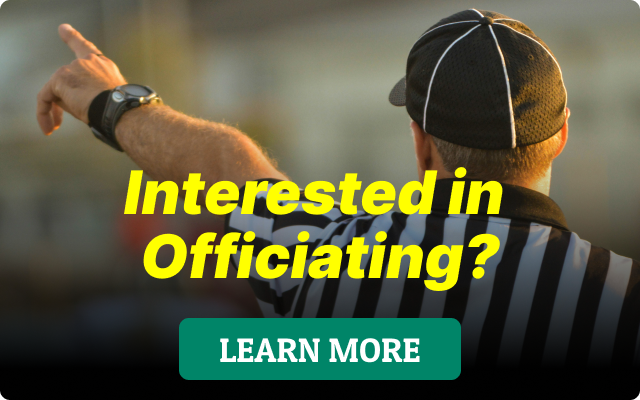
Flopping Addressed in 2024-25 High School Basketball Rules Changes
- Rule 1-19 clarifies that the use of electronic devices during the game must be limited to recording and tracking stats, reviewing plays or similar contest-related functions. The use of electronic devices for voice or video recording is prohibited.
- Rule 2-11-11 notes that if multiple scorers are at the scorer’s bench, the scorer(s) that is not official is responsible for comparing records with the official scorer, who then would notify a referee immediately of a discrepancy. This allows the official scorer to remain focused on game play and places the responsibility of comparing scoring information on auxiliary scorers.
- Rule 3-3-6 states that if bench personnel are beckoned to attend to an injured player, whether they enter the court or not, the player is subject to removal from the game unless the coach requests a time-out.
- If a player is bleeding or has blood on the uniform, Rule 3-3-7 now allows the player to remain in the game if the issue can be resolved in 20 seconds.
- A new exception to Rule 4-6-1 involving basket interference allows for the net to be contacted and play continue if the official determines the contact to not affect the try for a goal.
- A collection of changes to rules 4-47-5, 10-2-1g and 10-4-5 allows officials to issue a team warning for delay of game when a ball is not immediately passed to an official when a whistle sounds. Any subsequent violations now result in a team technical instead of a player technical.
- Rule 7-1-1 establishes that a player cannot be assisted by a team member or bench personnel outside the boundary line to remain inbounds.
- Pregame violations were addressed in a series of changes in Rule 10. If both teams violate provisions listed in Rules 10-1-1, 10-1-2 and 10-2-7 in equal numbers, the penalties offset, and no free throws are awarded. Additionally, the head coach would not lose the privilege of the coaching box. Similarly, the penalty for dunking or attempting to dunk a dead ball in Rule 10-2-7 no longer requires the coach to lose coaching box privileges and no personal foul is awarded as it is now a team technical and not a bench technical.
# # #
About the National Federation of State High School Associations (NFHS)
The NFHS, based in Indianapolis, Indiana, is the national leadership organization for high school sports and performing arts activities. S ince 1920, the NFHS has led the development of education-based interscholastic sports and performing arts activities that help students succeed in their lives. The NFHS sets direction for the future by building awareness and support, improving the participation experience, establishing consistent standards and rules for competition, and helping those who oversee high school sports and activities. The NFHS writes playing rules for 18 sports for boys and girls at the high school level. Through its 50 member state associations and the District of Columbia, the NFHS reaches more than 19,800 high schools and 12 million participants in high school activity programs, including more than 8.2 million in high school sports. As the recognized national authority on interscholastic activity programs, the NFHS conducts national meetings; sanctions interstate events; offers online publications and services for high school coaches and officials; sponsors professional organizations for high school coaches, officials, speech and debate coaches, and music adjudicators; serves as the national source for interscholastic coach training; and serves as a national information resource of interscholastic athletics and activities. For more information, visit the NFHS website at www.nfhs.org.









